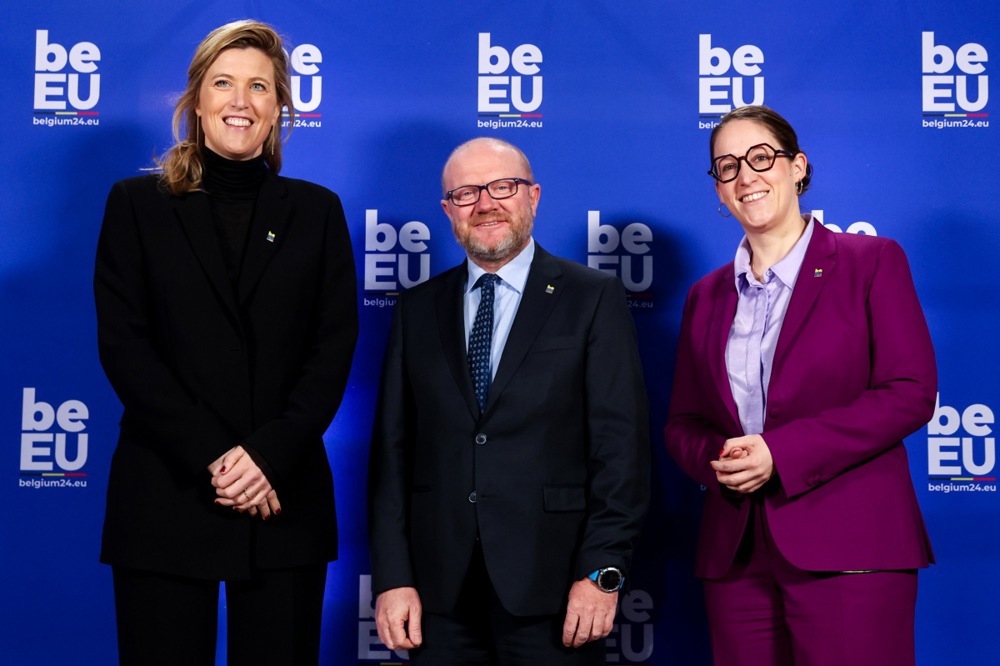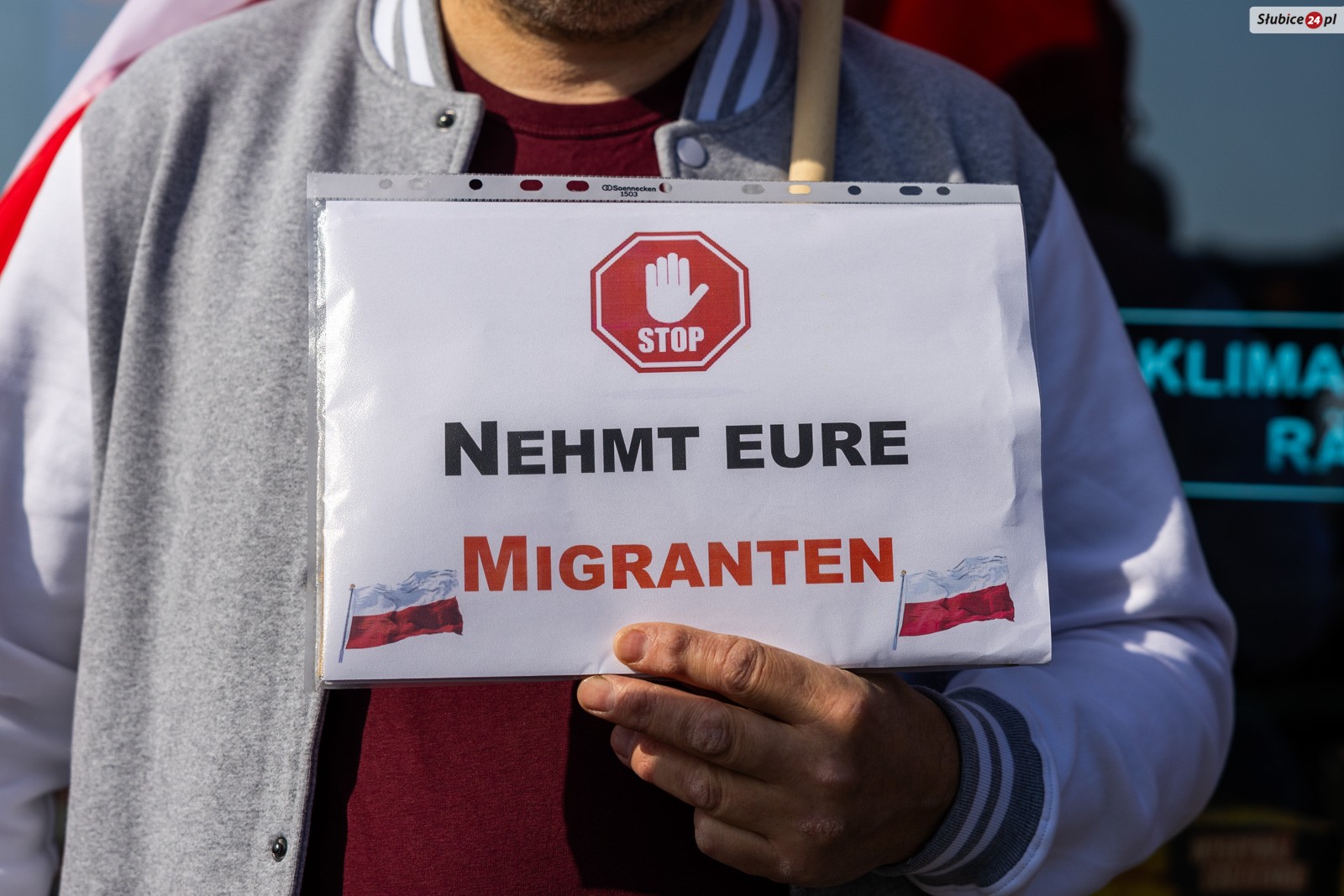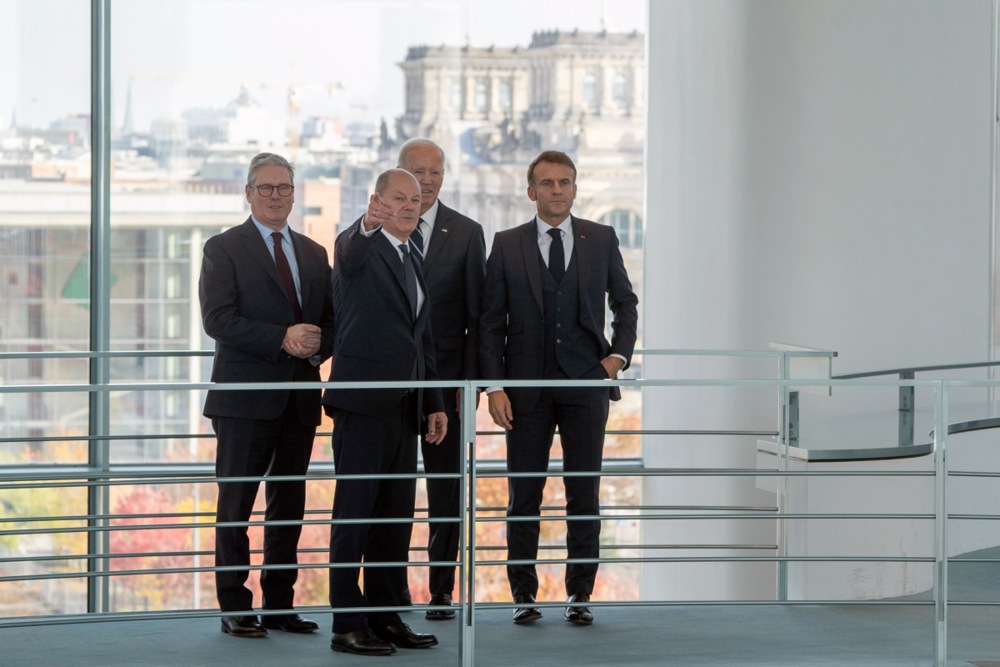Fans of a Polish football club have launched a campaign to exhume and rebury the remains of Ernest Wilimowski, a Polish international footballer from Silesia who switched allegiance to Nazi Germany during the Second World War.
Ruch Chorzów supporters have secured the green light of Poland’s ruling party led by Prime Minister Donald Tusk but the opposition Conservatives (PiS) was firmly against such a return.
In late March, Ruch Chorzów, a football club from the Silesia region, and its fans, started fundraising to raise approximately 100,000 Polish zloty (€23,322) to relocate Wilimowski’s remains because the grave in which he was buried was set to be demolished by the city authorities in Germany’s Karlsruhe.
“We cannot allow the destruction of the grave of one of the most outstanding football players of Polish football and a legend of Ruch Chorzów,” read the fundraising appeal.
Wilimowski was one of the best footballers of his generation, scoring 21 goals in 22 internationals for Poland, with his best known achievement being his four goals against Brazil at the 1938 World Cup.
His legacy was tainted by the fact that after Nazi Germany’s invasion of Poland in 1939, he declared allegiance to the occupiers and proceeded to play six times for the German national team.
He never returned to Poland after the war as he was regarded as a traitor there until the day he died in 1997.
But Wilimowski remained a favourite with Ruch Chorzów and its fans, the club he helped to four league titles in the 1930s.
The campaign to raise funds for moving Wilimowski’s grave was backed by Łukasz Kohut, an MEP from Tusk’s Civic Coalition (KO) and who has identified strongly with the Silesian minority and its quest to have Silesian recognised as a language in Poland.
The MEP has visited the cemetery where the footballer was buried in Karlsruhe and has been liaising with both the local authority as well as the football associations of both countries about moving his grave.
Kohut said he believed that Wilimowski was a typical example of the dilemmas faced by Silesians during the Second World War and before. Silesia has moved between German and Polish control since the 18th century and had remained a distinctive region in Poland, where sympathy towards Germany can be found to this day.
There have been cases since of Polish footballers from the Silesia region ending up “deserting” Poland to play for German clubs.
They included Jan Banaś and Andrzej Rudy, both of whom left Communist Poland to play in the Bundesliga. In later times, two prominent German strikers, Miroslav Klose and Łukasz Podolski, had been footballers in Poland before moving to Germany.
But most Polish players have remained loyal to their home country, even though several joined German clubs. The best known modern case is of Polish international forward Robert Lewandowski who spent most of his career with Germany’s Borussia Dortmund and Bayern Munich before moving to his current club, Spain’s FC Barcelona.
The opposition PiS has taken a distinctively different approach on the Wilimowski issue. The party’s former deputy foreign minister and MP Paweł Jabłoński has voiced disapproval for Kohut’s campaign because of Wilimowski’s stance during the War.
“Łukasz Kohut is standing up for a man who betrayed Poland in 1939 and sided with Nazi Germany. He played in a shirt with a swastika on his chest and took money from the Germans while his teammates from the Polish national team were being murdered by Germans,” Jabłoński recently wrote on X.
The PiS has been opposed to recognising Silesian as a language and other ideas about accentuating SIlesian identity as members said they feared that could lead to the emergence of Silesian separatism. The PiS-aligned President Andrzej Duda has previously vetoed legislation recognising Silesian as a language.
The Polish football association has so far been non-committal on the matter of relocating Wilimowski’s grave to Poland.
Its spokesman on April 9 said it had now received an official notification of the initiative and “will make a decision on this matter after conducting consultations both within the organisation and with independent experts”.





